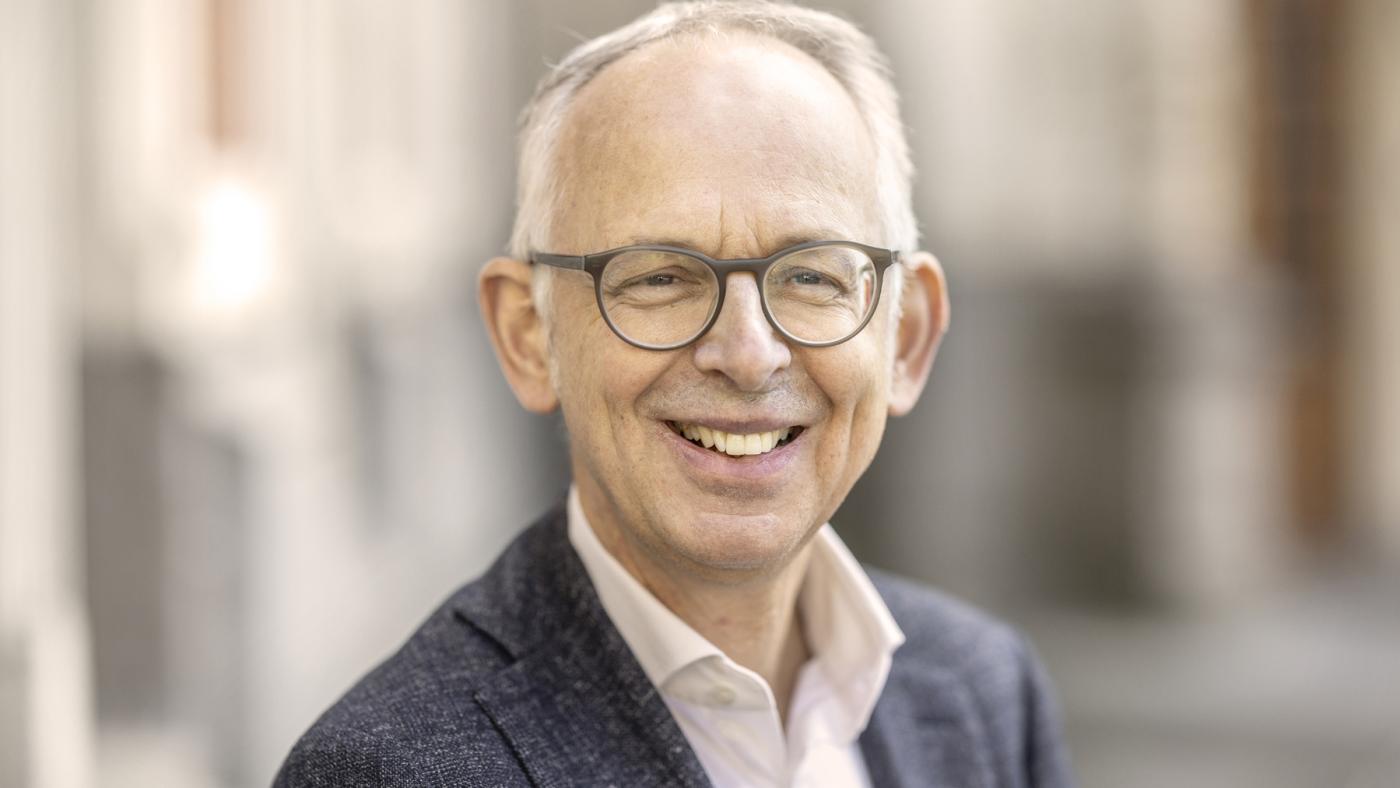Public administration expert Mark Bovens' farewell speech:
'Universities will have to show some humility'

Universities will have to take a good look in the mirror. Otherwise, resentment against academia will continue to grow. That's the warning issued by the Professor of Public Administration Mark Bovens, who gave his farewell speech last Friday, November 29. Bovens served as a professor in Utrecht for 27 years. In 2000, he founded the Utrecht School of Public Administration (USBO) together with Professor Paul Verweel.
In his speech, he built on his book Diploma Democracy, published in 2011 and co-authored with Leiden professor Anchrit Wille. The book shows that people who have diplomas from research universities and people who have diplomas from universities of applied sciences or vocational education have been living in separate worlds more and more. They tend to live in different neighbourhoods, attend different schools, watch different TV shows, and marry each other less and less. A new sort of pillarisation has emerged in Dutch society. He also warned about this in an interview with DUB earlier this year.
Bovens has been awarded a royal distinction by the alderman Lot van Hooijdonk after the speech, for his services to his field and society. He is now an Officer in the Order of Orange-Nassau.
Resentment
Bovens said on Friday that, as a Catholic boy, Bovens lived in a porch flat in Rijswijk, separated from his "open" and "reformed" neighbours. That was a different society. Now, there are two different pillars: the academically educated and the practically educated. According to Bovens, it is problematic that those with research university diplomas have the upper hand in almost all areas. They earn more and live in nicer houses in nicer neighbourhoods. They also live longer and in better health. Moreover, their interests weigh more heavily in politics and other institutions because they tend to be at the helm of said institutions. “Meritocracy has overflowed its banks in recent decades and that is a source of resentment,” said Bovens. “The coalition agreement of the present cabinet can be read as a sort of revenge on diploma democracy.”
Political struggle
According to Bovens, universities must bear in mind that they are seen as one of the central institutions of one of the pillars. In this way, they become part of the political and social struggle. He also explained that universities are not always politically neutral, something he already told DUB in 2016 (article only available in Dutch, Ed.), when he argued that universities' internationalisation efforts and English-taught education mainly benefited highly educated people from the upper middle class. He repeated this on Friday.
Bovens therefore urges universities to consider whether education and research also take the concerns of practically educated citizens into account. According to him, that is a matter of self-interest.
Stepmotherly
In Bovens' view, this awareness should also be more prevalent in UU's business operations. He finds it striking that the university's latest Strategic Plan, which is "full of nice words about diversity, inclusion and the university as a community", does not mention support staff at all, even though 45 percent of employees at UU do non-academic work.
He also mentioned the university's decision, taken fifteen years ago, to "outsource" canteen staff, cleaners and porters, and the legal consequences of this policy for their employment. "Compare that with the justified efforts that have been made to help young researchers obtain permanent contracts and the labour agreements that obtained higher wages."
Bovens calls this "stepmotherly treatment" a "typical example of diploma democracy". After all, "almost all policymakers are academically trained and only deal with other academics, so the interests and concerns of the practically trained are not taken into account."